Gunther Ficht, in his own words.
I was born on March 19th, 1930 at 11:00 pm in Innsbruck, Austria and baptized in a Lutheran church. My mother (1) was brought up Catholic, my father was a Lutheran. He was a young physician (2) who just started to practice as an ENT in his own office (3). My mother used to help him before I was born and it was pretty tough for him alone.
Life was pretty hard then in Austria, a lot of people were out of work and the government was not able to do much about it. There also was a lot of unrest and demonstrations which were put down hard. In 1933, when Hitler became the leader of Germany, the conditions worsened because the people in Austria could see how their neighbor in the north pulled himself out of the depression and nothing was done in Austria.
My mother and I always went to see my Aunt Herta (4) in Bad Gastein in the summer and we had a good time there. She was a very successful dental surgeon then and became even more famous later on. My Dad never did go to Bad Gastein. I was told it was because of the political beliefs of my Aunt Herta.
A lot of people joined the Nazi party then, even though it was forbidden by law and punished by imprisonment. My dad joined too and I can remember how my parents listened to the radio when Hitler spoke. They had to keep the volume low because even listening to Hitler’s speeches was forbidden.
I went to kindergarten when I was five years old. It was not mandatory to go and it was private. I remember I did not enjoy that time. With 6 years I went to elementary school. Since Austria was mostly Catholic, and the government was also controlled by the church, religion was one of the subjects which was taught in elementary school. Since I was Lutheran and the religion class was for Catholics, I was, to my joy, excused from this class. There was a Lutheran religion church once a week but it was not mandatory and I did not go.
We lived in an apartment building which belonged to my grandmother (5) who was a dentist and had her office on the second floor. Her apartment had a large balcony overlooking the backyard. Every Friday she cooked dried cod and the whole building smelled from it. Our apartment was at the 4th floor. The building was one in a city block and all the backyards were separated by fences and clustered with wash houses, where the renters could do their wash. One of the yards was fairly big and we kids used to play soccer there.
We also played cowboys and Indians by chasing over the fences and the roofs of the small wash houses. In one of these battles, I fell off the roof of the wash house, hitting my head severely on a wooden rail and ending up in the gravel backyard. Our maid, who saw this, rushed down and carried me upstairs. I was unconscious, bleeding from a cut on my head, and as she thought I was dead, she yelled, “the boy is dead, the boy is dead”. When I came to, my parents asked where I hurt and I pointed to my behind. Stuck in there were several sharp pointed pieces of gravel from the injury. An Indian headdress which I wore, saved me from a serious head injury. Shortly thereafter in 1937, my sister Lore (6) was born and I had to do a lot of babysitting from then on.
The other thing I fondly remember of my childhood was the weekends. My dad and mom always loved to walk, and around Innsbruck are some very nice walks. My aunt Lisl (7) and my cousins Artur, Helga, and Pipsi, always went along and we had some really good times playing catch, searching for mushrooms and berries. Everybody always said, here goes Dr. Ficht and his harem.
On March 12th, 1938, Hitler’s troops invaded Austria. I remember that my parents and I and also my grandparents went to the house of a friend who had a large balcony right on the main street. On the way to our friend’s house we saw Austrian troops putting up barbed wire and mounted machine guns and we were all afraid there might be some shooting. But when the first German troops drove down main street, no Austrian soldier resisted, most of the soldiers cheered the German troops like everyone else.
Everyone knew, this was the end of bad times, there was going to be work and we were all going to be free. The troops kept coming and at night there was a huge torchlit parade with music and cheers from everybody. All the political prisoners who resisted the former Austrian government were released, among them some friends of my parents.




